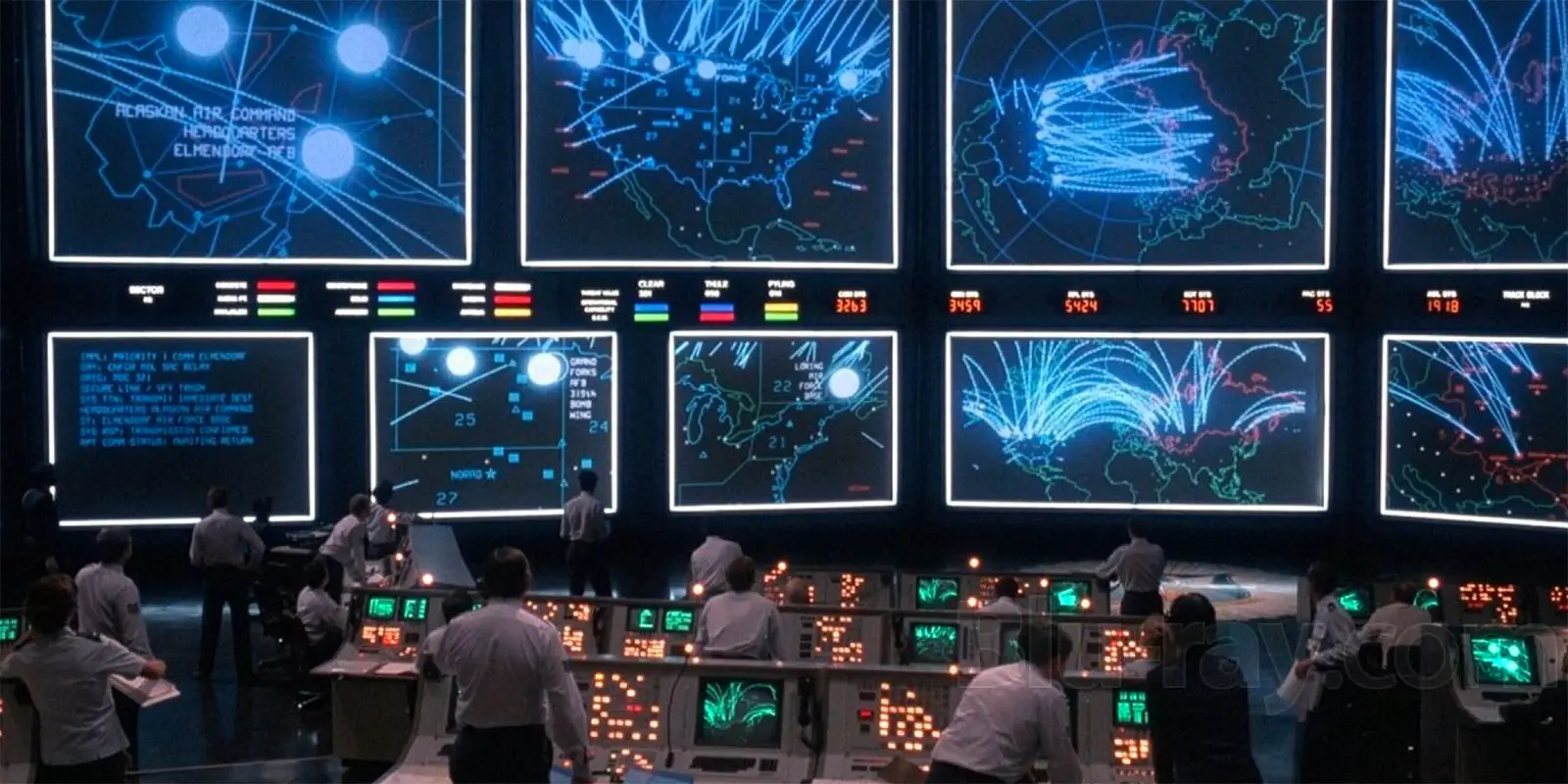This
Fortune article was an interesting read. But it doesn't tell the whole story, and honestly, I don't think everyone knows the whole story, and most don't even know half of it.
Before SARS Corona Virus 2, a.k.a, COVID-19:
- There were no codes for COVID-19 (the disease) or SARS-COV-2 (the Virus),
- There were no devices or test codes for now more than a dozen tests to detect the disease or the virus,
- Nor were there result codes to encode the virus,
- Nor did value sets exist identify symptoms of the disease.
Once there were codes, there were also hospital systems under a lot of stress, so even if an EHR vendor had a vocabulary or system update, hospital operations manager's weren't going to authorize a configuration change to the hospital's critical systems in a time of emergency. And the health information management and technology professionals? They were inundated with critical priorities to do things like enable tele-medicine applications, and develop processes for manual communications with public health. It wasn't about the EHR, it was about lack of preparation.
Collecting data for a research protocol is an involved process. It's not just "give me the data over an API", it's a much more formal Extract/Transform/Load (ETL). Batch APIs for FHIR exist, and are designed in fact to facilitate such efforts, but are honestly less than a year old, and haven't been widely deployed in existing systems. Where they are available in newer versions, see above notes on "not going to authorize a change in critical Health IT systems DURING a crisis".
Some systems already have the capacity to normalize and collect data for research. The "All of Us Research" program from NIH has been going on for more than a year, numerous health systems are sending patient data to a centralized, NATIONAL research repository housed at Vanderbuilt university (or more accurately, in a cloud they control). But this is a research protocol, there's a consent process, and not everyone joins. To date, about 1 in 1000 people in the US have agreed to participate, about about 3/4 of them have completed the initial program steps (some of which require an in-person visit and have been suspended until further notice until the crisis abates). That's a
lot of data, but today 4 times as many have tested positive for COVID-19 than are participating in that research program. Research is important, treatment for COVID-19 is important, but one doesn't just throw down a research protocol and tell patients to they have to participate without consent, and one doesn't start in the middle of a crisis to plan for it. The time to plan for a crisis is before it happens. It's not that the EHR cannot send data to research, it's that we didn't plan for rolling our research programs in response to a crisis.
We all do crisis planning for our information systems, some better than others. But we think about crisis planning most often in terms of how to maintain stability within a crisis, NOT how do we refocus our efforts on system XYZ to help abate this crisis. About the only people who do think this way are those who are thoroughly engaged in disaster preparedness and response scenarios. And for many of those, it's 95% waiting for something to happen, and then 5% of run like hell to respond. They do simulations, and drills, and play "war games". When's the last time your program even considered that? When's the last time your IT department ran a generator test, and did they consider testing for water leakage (remember that from
Hurricaine Sandy)? Does your disaster response plan for your EHR system include "updating to latest version and patches" to support novel issues in a disaster? How about updating to latest vocabulary? Can you add vocabulary terms in near real time to your EHR and have everyone take advantage of them? Do you have plans for rolling out new workflows in your facility to address how to code differently than you have been to address a disaster?
If you answered yes to all of these questions, I really want to talk to you and find out where you got the support to do this. If you aren't thinking about how to do this now, you should be. Yes, we are building the plane as we are flying it, and we don't know where yet we are going because we DON'T have all the answers, but at least we know which direction is North, and we have some idea about our current heading, and where we want to go. And we'll know more as time progresses.
This isn't a failing of existing programs, because in all the work that's been done with EHR systems, public health was barely an afterthought, and the agencies supporting these efforts have limited mandates with respect to public health. They can only work within that mandate. Public health has long needed funding and support to address a disaster of the magnitude we are now experiencing, and while experience is the best teacher, it's also the hardest. And basically, we got what we paid for. But, now we are learning. I'm sure getting those mandates will be a bit easier now (and in fact, some of them have already been issued). It wasn't a failure of the EHR program or it's mandate, it was a failure to supply an appropriate mandate for public health.
Things aren't going to get better overnight. But because we took action to mitigate the impacts (not fast enough, but enough to get by if we continue them), we have some time to prepare for the next wave. I'm determined to make sure that some of that infrastructure that we should have had will be in place before that hits. It's not about what the EHR can do. It's about what I can do, and what others can do.
Keith


